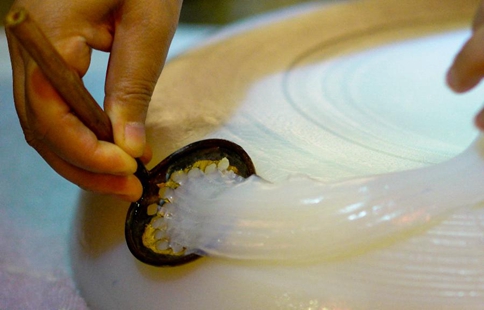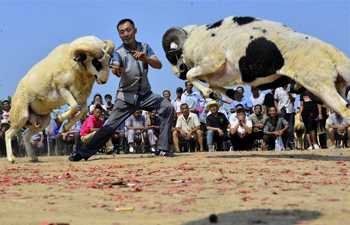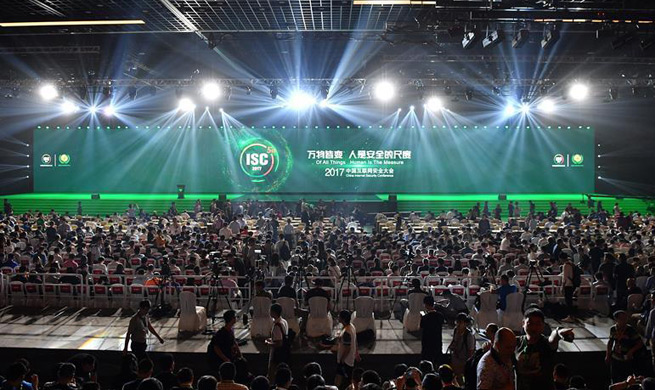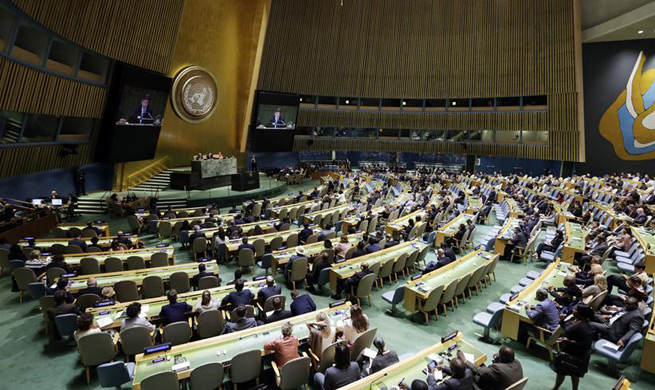BEIJING, Sept. 12 (Xinhua) -- Those who worry about the state of the Chinese economy can relax, as recent economic indicators suggest the good times are back.
The National Bureau of Statistics (NBS) is scheduled to release its macro-economic indicators for August later this week. Market analysts say that good numbers should emerge as demand in the real economy recovers.
The value-added of industrial output is expected to rebound in August after extreme weather disrupted production in July, according to a Industrial Securities report.
The view is supported by high coal consumption, furnace use and industrial sales over the past few months, the report noted.
Zhu Jianfang, chief economist with Citic Securities, estimated the value-added of industrial output would increase 0.1 percentage points from July to 6.5 percent in August, citing a lower comparison basis.
Consumer spending, which contributes over 60 percent of China's growth, is likely to have remained stable in August.
Consumption will grow 10.5 percent year on year in August driven by sales of home appliance and summer tourism, but tempered by falling sales of real estate and automobiles, according to Lian Ping, chief economist with the Bank of Communications.
A cooling property market will produce a chain effect in the consumer market, which is the major variable in the consumption data in the short term, Zhu Jianfang said.
Analysts diverged on the development of fixed-asset investment.
Zhu Jianfang expects investment to pick up by 0.1 percentage points to 8.4 percent on the back of a strong rebound in manufacturing investment.
However, Lian Ping expects investment growth to ease to 8 percent due to weakening investment momentum.
Although investment has lost steam in the short term, analysts say it has room to strengthen.
Liang Hong, chief economist with the China International Capital Corporation, said manufacturing investment would rise after more industrial capacity was released on recovering demand.
Progress in the upgrading of consumption and investment will need more manufacturing investment, she added.
China's economic performance has been generally stable with better momentum, which will stay unchanged during the rest of the year, said NBS spokesperson Mao Shengyong in August.
The central parity rate of the Chinese currency, the yuan, strengthened for 11 consecutive working days until Monday, reinforcing optimism in the real economy.
James Daniel, assistant director of the Asia and Pacific Department of the International Monetary Fund, commended China's reform agenda, noting that overcapacity had been reduced, and the local government borrowing framework improved.
China's economy expanded 6.9 percent in the first half of the year, well above the government's yearly target of 6.5 percent. The economy grew 6.7 percent in 2016.

















